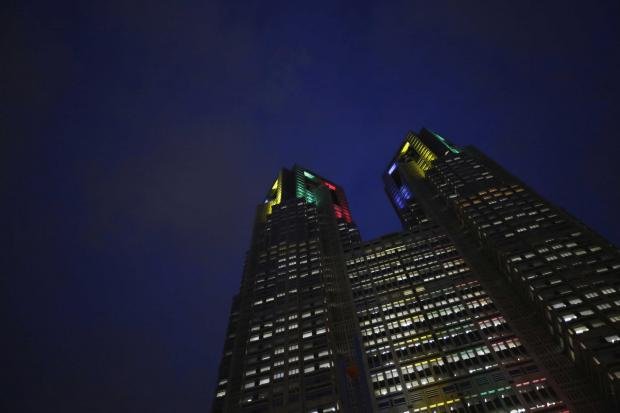Tokyo 2020 likely to be economic non-event

Economic confidence in Japan has seen a boost from the announcement that Tokyo will host the Olympic Games in 2020. That enthusiasm could be misplaced, according to Capital Economics.
Marcel Thieliant, Capital Economics:
Tokyo’s hosting of the 2020 Olympic Games is unlikely to provide any material contribution to economic growth in Japan. Overall spending on the Games will be small and focused on sporting facilities rather than transport infrastructure, thus providing little boost to the country’s growth potential.
For an already large and advanced economy like Japan, the direct economic impact from hosting a sporting event is bound to be small.
The Tokyo 2020 Bid Committee claims that the Games will create 150,000 jobs, but the vast majority of these will be temporary. Indeed, total planned spending on the Games including operations and capital expenditure amounts to only ¥720 bn (US$7.2bn at current exchange rates), or 0.15% of GDP. This is much less than planned spending in Brazil for the 2014 FIFA World Cup and the 2016 Olympics, and is also lower than actual spending in China and the UK on the 2008 Beijing and 2012 London Games.
Excluding capital expenditure that would have taken place regardless of the hosting of the Games, overall planned expenditure only amounts to ¥460 bn (US$4.6bn). Admittedly, there is a fair chance that the budget will be overspent. According to a study by Oxford University, the average cost overrun in Olympic Games over the past 50 years was 179%. But since spending will be spread out until 2020, even if we assume a similar cost overrun in Tokyo, the annual expenditure would still only be 0.04% of Japanese GDP. Finally, there will be little additional spending in transportation infrastructure as a result of the Games, so any boost to Japan’s production potential should be very modest.
Tourism could see a boost, but recent experience suggests that this is far from guaranteed. Tourist arrivals to the UK fell by 6% y/y during the month of the London Olympics. They were down by 20% y/y in China during the month of the Beijing Olympics, though this was at least partly the result of procedures on visa issuance being tightened. That said, overall tourism spending may still increase as it did during the London Olympics as accommodation costs and average length of stay rise.
Experience from recent Olympics suggests that consumer spending is strong during and prior to the event, but tends to slow in the following months. The largest benefits will probably be intangible due to a boost of the country’s image, which may attract more foreign direct investment and increase the demand for Japanese exports. But these effects are very difficult to estimate, and, in the case of an economy which has long since “emerged”, likely anyway to be small.